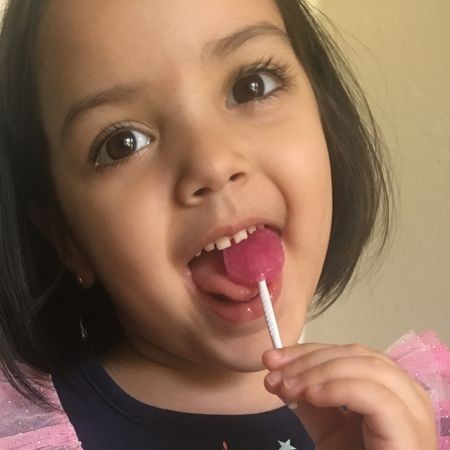Preventative Dental Care
Take Steps to Stop Dental Decay
Maybe you’ve heard the phrase: “An ounce of prevention is worth a pound of cure.” But what does that really mean? For your child it could be the difference between regular visits to the dentist and extensive, costly treatments. Preventative dental care stops problems before they become emergencies.

While most adults see the dentist once a year, kids actually need more frequent checkups. We like to see our patients at least twice a year because even small decay in children can quickly escalate to bigger problems.
Even if children don’t have pain or discoloration, they could have the start of dental decay. Not only is preventative care less costly for you as a parent, but it’s much less frightening for a child.
Can You Really Prevent Cavities?
In many cases, yes! We start with the basics: teaching patients and their parents how to properly brush and floss. Other early interventions include fluoride and sealants. Silver Diamine Fluoride is another tool that can allow us to safely delay more extensive dental treatment. Nutrition education also helps patients and parents understand which foods to choose and which to avoid.
Do Cavities Get Worse Over Time?
Caries or “cavities” in a child’s teeth are a result of decay. If the decay isn’t stopped, it will continue to destroy the tooth. It’s a race against time! Large cavities may need large fillings or even crowns. Unchecked decay can also cause painful bacterial infections and possibly a total loss of the tooth. This is exactly what we want to prevent with regular checkups!
Instead of risking an emergency, make a plan to have your child visit the dentist twice a year. (In some cases we may recommend more frequent visits for babies or high-risk patients.) Summer, school holidays, or back-to-school time are all popular months for these preventative care appointments. But regardless of when, children should see their dentist every six months to maintain oral health.
What About Other Dental Problems?
Cavities aren’t the only issues that dentists check. We monitor the adult teeth as they come in to make sure the alignment is optimal. If we spot a problem, early orthodontic treatment is much easier (and cheaper!) than fixing it as an older teen.
We also complete screenings for oral cancers, gum disease, and other problems that are thankfully rare, though easier to treat if caught early.
To learn more, visit the ADA’s Mouth Healthy page about cavities.



